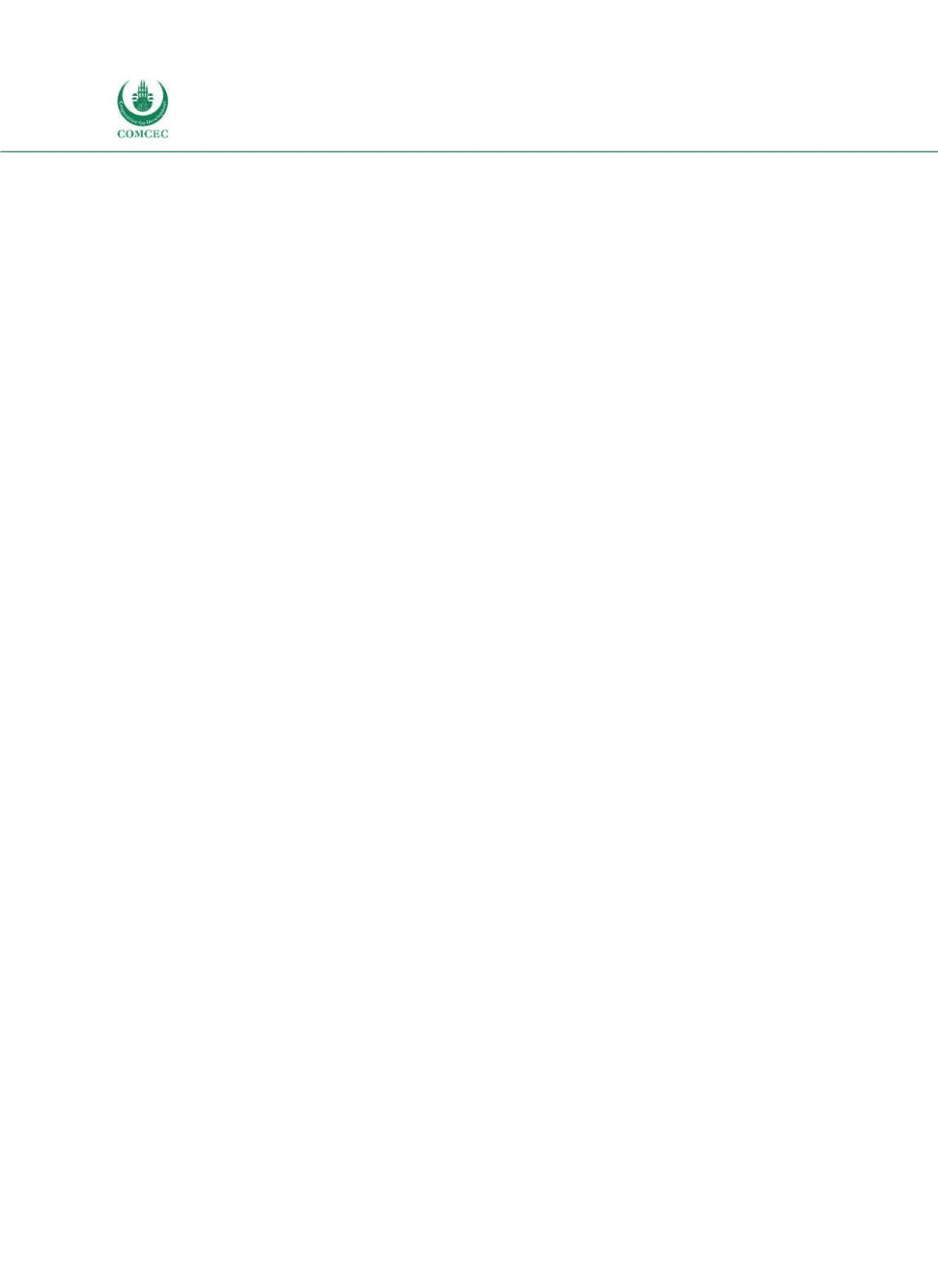

Improving Public Debt Management
In the OIC Member Countries
126
already introduced a computerized Government Resource Planning system (GRP), the
Domestic Debt Unit at the MoFNE still has problems to keep record of the domestic public debt
(Osman 2013). In order to evaluate the macroeconomic conditions correctly institutions such
as the MoFNE and the CBoS are advised to regularly publish detailed, uptodate and
consistent data (UNDP 2014).
With respect to Islamic finance, Sudan is recommended to review and develop new monetary
and fiscal policy strategies. The prohibition of interest rates poses a challenge for the
development of an efficient interbank market. The central bank cannot use standard debtbased instruments in the interbank money market and government security market to
influence liquidity and implement monetary policy operations. However, the central bank can
use equitybased instruments such as joint venture (
musharaka
) or possibly trustee
partnership (
mudaraba
) facilities, whose trading values reflect market expectations of
economic performance and rates of return. In any event, exante calculating adequate profits
and rates of return for equitybased instruments linked to government or central banking
operations is a very complex task (IMF 2013a) and the financier is exposed to a significant loss
risk. Recent innovations such as the socalled
declining mudaraba
, in which the bank’s share in
the facility decreases in line with prespecified returns of investment, might prove useful to
address these issues.
















